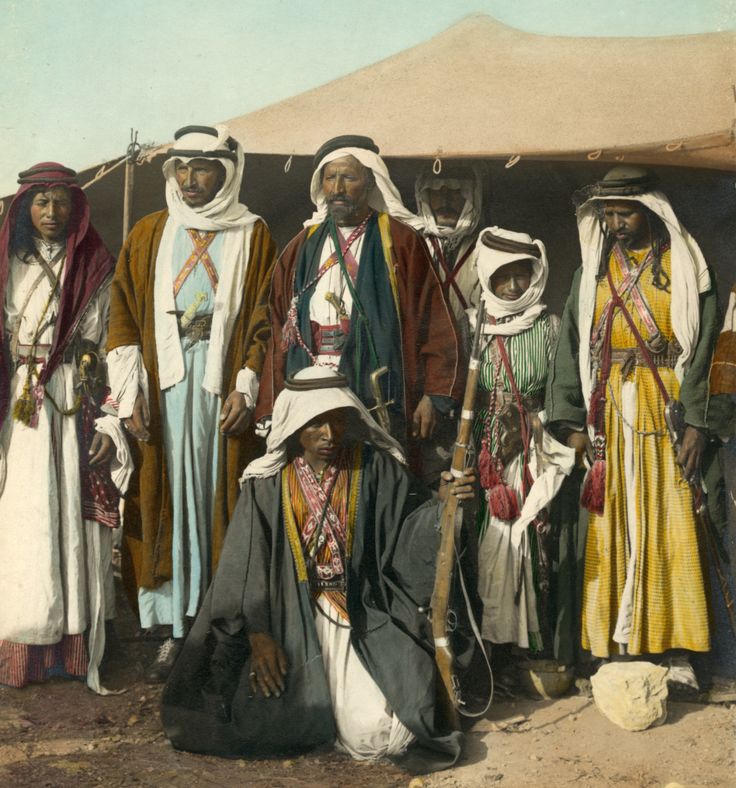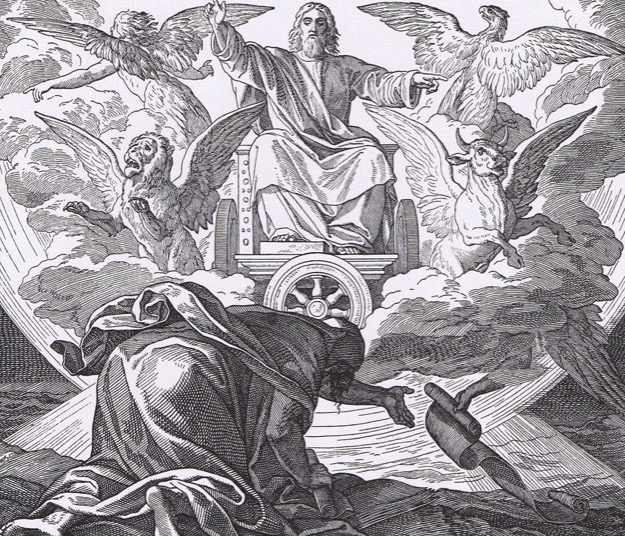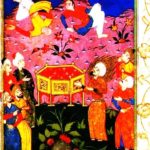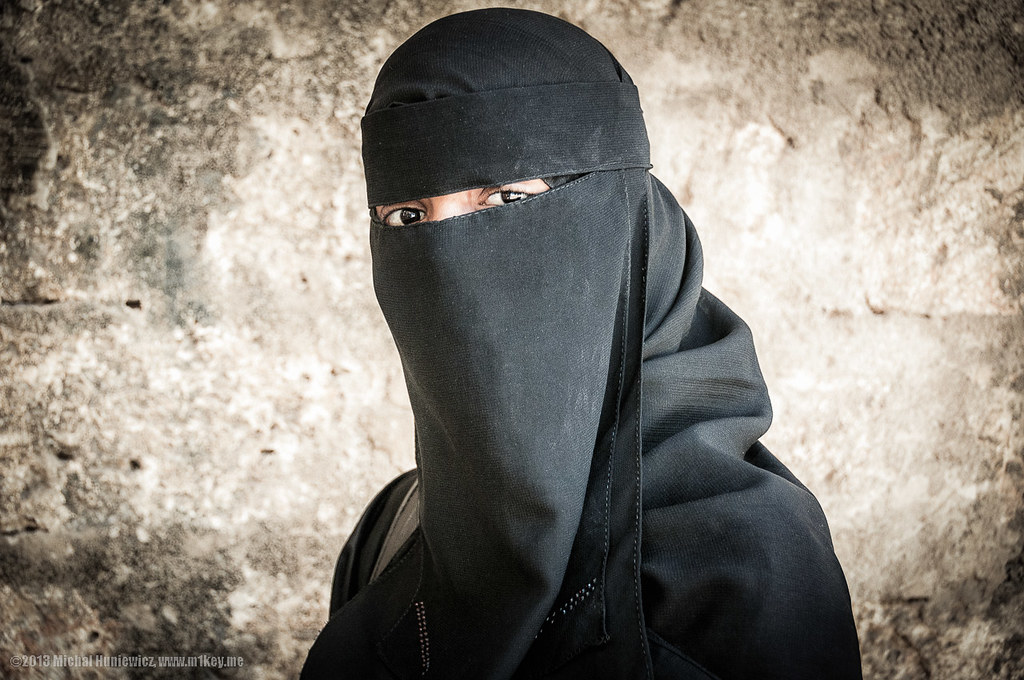| Name: | ‘Abd Allah ibn Muhammad |
| Clan/Origin: | Banu Hashim of Quraysh |
| Birth: | abt. late 610 |
| Status: | Died as Islamic child. |
| Death: | early 611 |
| Other: | Muhammad’s second son |
There is a lot of confusion about what the name of Muhammad’s additional sons(s) other than al-Qasim is/are. ‘Abd Allah is most often taken to be the name of Muhammad’s second and final son by Khadija by general consensus. However, I believe this is extremely unlikely to impossible, as we will see.
His death is also said to be 615, but I don’t know on what authority. I would suspect he died very young for there to be practically nothing about him, as there is plenty about Ibrahim, who died at 18 months. Quran 108:3 also could not have been revealed while Muhammad had living sons.
The source that speaks with the most confidence is Ibn Sa’d:
The first born child to the Apostle of Allah, may Allah bless him, was al-Qasim, who was born at Makkah before his being raised to prophethood, and after whom his patronymic was Abu al-Qasim. Then Zaynab was born to him, then Ruqayyah, then Fatimah, then Umm Kulthum, then after the advent of Islam `Abd Allah was born and he got the appellation of al-Tayyib (perfumed) and al-Tahir (pure). The mother of all of them was Khadijah Bint Khuwaylid Ibn Asad Ibn `Abd al-`Uzza Ibn Qusayyi; and her (Khadijah’s) mother was Fatimah Bint Zà’idah lbn al-Asamm Ibn Harim Ibn Rawahah Ibn Hujr Ibn `Abd Ibn Ma’is Ibn ‘Amir Ibn Luwayyi. The first of his children to die was al-Qasim, then `Abd Allah, at Makkah. Thereupon al-‘As Ibn Wa’il al-Sahmi said: His offspring have ceased and so he is abtar (without posterity).
Ibn Sa’d
However, this tradition puts Fatima in the wrong order, since both Sunni and Shia agree that Fatima was the youngest of Muhammad’s daughters! (Shia, of course, disagree that the other girls are actually Muhammad’s daughters, but that’s another issue.) It’s also exceptionally unlikely that Fatima was older than Umm Kulthum because Umm Kulthum was married at the advent of Islam and Fatima was not–that would have also pushed Umm Kulthum’s age at marriage to four or so, which seems excessive even for the Arabs.
Nevertheless, his timeline for ‘Abd Allah’s birth fits. First, there is the name of the child, which suggests (but does not require) that it’s post-Islam. Second, there is a need for Muhammad to be without a son for long enough that he would have adopted Zaid, so if his wife stopped having children in AD 605 (the traditional Sunni date of Fatima’s birth, which fits the overall timeline better than the Shia date does here), then by 609 or so, he would have given up home that Khadija would have another child and gone through with the adoption.
Due to Khadija’s possible age and Muhammad’s repeated declarations that the Quran is his only miracle, if Abd’Allah was born after the advent of Islam, he must have been born very soon after August of 610, or else his birth would have been a miracle that Muhammad could have pointed to.
Note that his birth in 610 also requires Khadija to be considerably younger than those Sunni sources who want to make Muhammad into a great and selfless man for marrying a (presumably) “undesirable” (though very rich) old widow. Khadija was exceptionally fertile in their first years of marriage, popping out five kids in at most eight years. This is not the fertility of an old woman–not any old woman. Then, after being barren for five years or so, she has one last child. Because this is nowhere referenced in any source as “miraculous” (even though many ahadith report all sorts of absurd things as if they were genuine miracles, despite the clarity of the Quran that no such miracles occurred), then it could not have been very exceptional, which means that Khadija could not have possibly been older than 45 when Abd’Allah was born. (In most cultures, 40 is considered the usual age of infertility. A child between 40 and 45 is quite possible–about a 50/50 chance of having one child–but one over the age of 45 is exceptionally unusual.)
However, the name ‘Abd Allah turns out to be problematic chronologically. If the child was born soon after the Inspiration, then the name ‘Abd Allah is anachronistic because the only name that Muhammad was using for the One God at this time was al-Rab, or the Lord. At this moment in Islam, ‘Abd Allah would have been a “pagan” name as much as any other pagan name. So I believe that a great deal of the confusion comes from this fact. The child was given a name like “The Pure,” but because he lived for such a short time, there was uncertainty about the name, and variant traditions emerged. ‘Abd Allah seemed like the most appropriate name–but it should be noted that when Muhammad had another son with Marya the Copt, he didn’t name him ‘Abd Allah (even though people did give children the names of other children who’d died young) or any other theophoric name but named him Ibrahim, instead.






